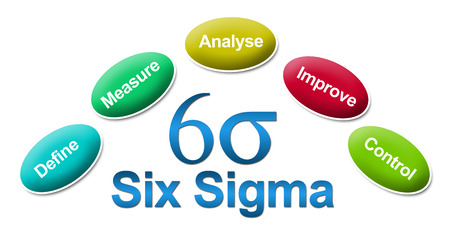How to extract added value from data?
Even in SMEs, it is possible to find large volumes of data that justify the use of Big Data approaches.
Getting value out of it requires new skills and new tools. Above all, it requires identifying the use cases that can be encountered in your organisation. Through our experience and observations, we can identify the following areas:
 Customer relationship management Request for a proposal
Customer relationship management Request for a proposal
If you have a customer relationship management software, you collect structured data that is very useful to better understand their expectations and therefore anticipate them to build loyalty. This data can be transaction histories, financial data on customers, reports on individual needs and requirements, etc.
Added value: segmenting customers to personalise marketing actions, cross-referencing customer data with the profitability of products sold. Predict the success of a product based on past customer consumption, or determine a typical customer profile for a typical product.
 Analyse data from e-commerce Request for a proposal
Analyse data from e-commerce Request for a proposal
Through your e-commerce site, a large amount of (anonymised) visitor data is collected. Knowing the frequency of visits, the pages visited, the periods of peak traffic, etc. In order to analyse this information in detail, it quickly becomes necessary to use tools for analysing large volumes of data.
Added value: optimise the website, identify the products that generate the most visits, pages visited and duration of visits to pages, geographical analysis of visits to better target the catchment areas, correlation between the characteristics of a marketing action and the volume of visits and their duration...
 Traceability within the supply chain and production planning Request for a proposal
Traceability within the supply chain and production planning Request for a proposal
The automation of traceability and logistics, and the management of stocks of raw materials, intermediate products and finished products generates a large volume of data. The organisation of production with Computer Aided Production Management software also enables the collection of numerous data on consumption, production programmes, compliance with deadlines, machine utilisation rates, and raw material and parts requirements.
Added value: Analysis of stock rotation rates by product, analysis of raw material losses, scrap rates, machine and workshop yields, flows in the production workshop. Prediction of scrap rates based on product characteristics, machine settings, etc.
 Data collection in business applications Request for a proposal
Data collection in business applications Request for a proposal
These vary greatly from one company to another and from one field of activity to another.
In the agricultural sector, sensor networks (hygrometry, weather stations, soil analysis, soil photography) provide large quantities of continuous data.
In the food industry, temperature readings, weight, water and energy consumption can be recorded. Similarly, the numerous quality analyses, in connection with hygiene rules, are sources of valuable data.
In the field of maintenance, the monitoring of machine operation (vibrations, temperatures, energy consumption, etc.) generates data to anticipate operations and guarantee availability.
In the accounting field, customer and supplier invoicing data and knowledge of stocks are sources to be valued (control of WCR, payment times). External data on the financial situation of partners is also useful for controlling risks.
In the field of human resources, the data collected during recruitment (CV, letter), those concerning absenteeism, accidents and illnesses at work, and skills (available, expected, sought) are sources of added value for your company. The processing of this data requires compliance with the applicable regulations on personal data.
In the field of quality and environment, On-line systems for measuring product quality and environmental releases provide strategic data for correcting upstream processes, identifying deviations in the operation of machines or in the quality of raw materials.

LEAN and 6 SIGMA methods are particularly data-intensive for optimising processes Request for a proposal


